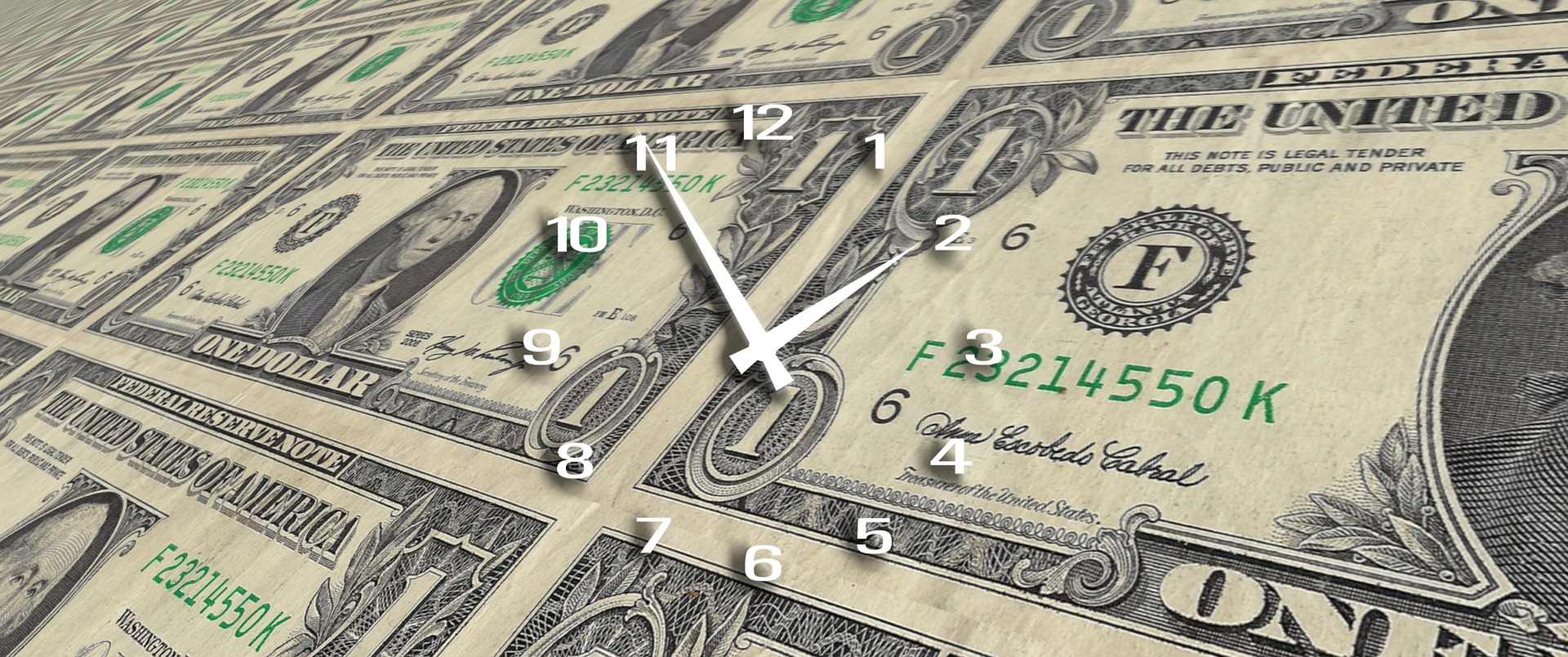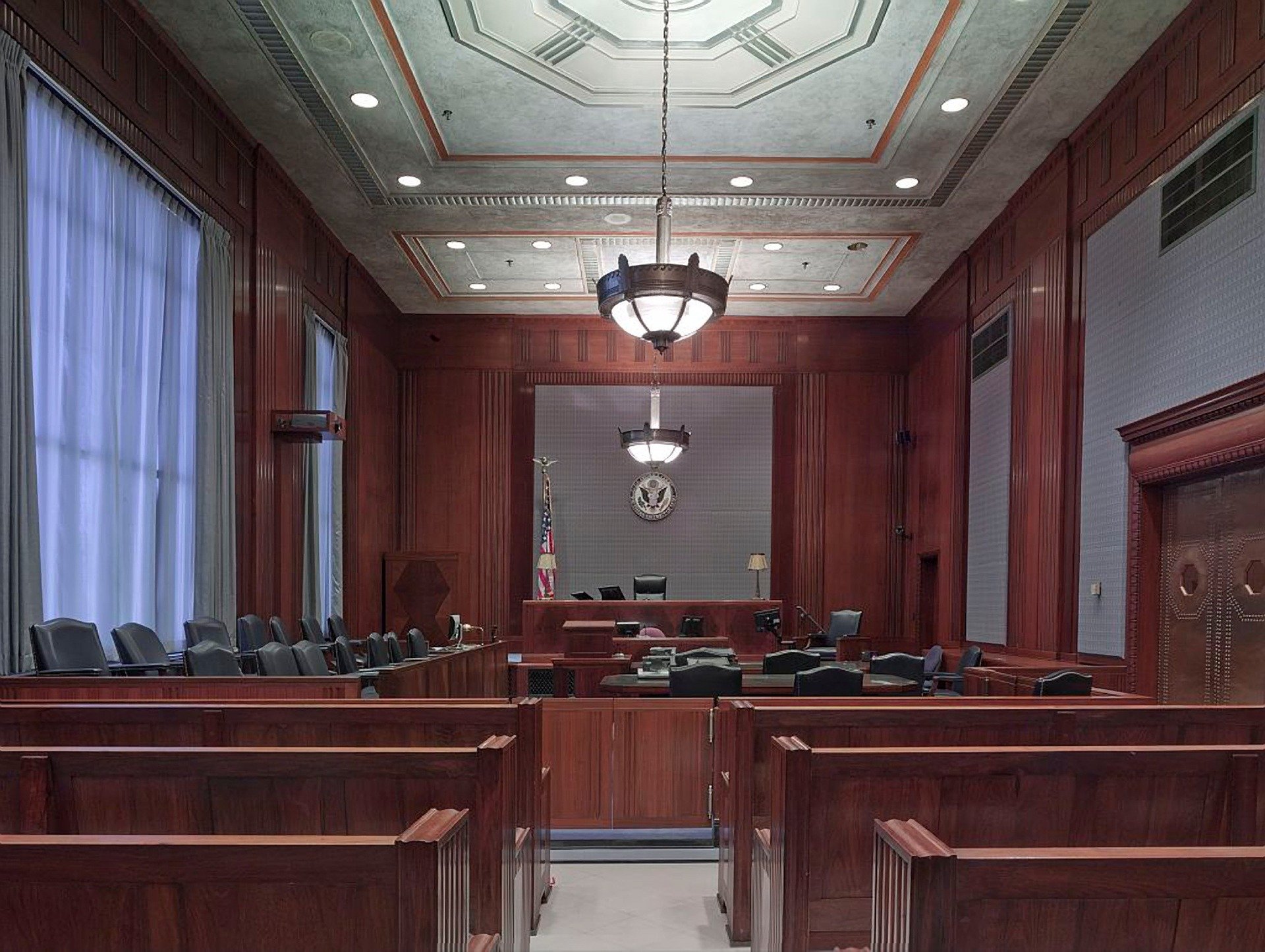

If you are past the lien filing deadline or haven’t sent a preliminary notice in a state where it is required, you will probably be considering filing a lawsuit as the next step in collecting your unpaid construction payment. When looking at your options, it is good to have information about them before you start the process. In this blog, we go over what the process is like for filing a lawsuit for breach of a construction contract (non-payment). Let’s take a deep dive into the reality of filing a lawsuit to collect construction project payments.
We recommend that companies review their contracts to make sure the payment terms are clear and that they have done their part to meet them before pursuing a lawsuit.
Also, you need to verify the address and contact person that invoices should be sent to. Confirm that the invoices have been delivered to those persons and sent to the correct address.
Finally, send a demand letter outlining the total amount due and requesting payment immediately. This letter needs to be sent thirty days before a lawsuit can be filed. An attorney can write this letter, or you can in order to save costs. However, sometimes a letter from an attorney is all it takes to get the payment ball rolling.
Before filing suit, a company should consider the amount of debt owed compared to the cost of litigation. While you may very likely be entitled to recover attorney’s fees and costs when filing suit for a breach of contract, ultimately, a judge decides what a “reasonable and necessary” amount is. If the amount you are seeking is small, other less expensive options such as mediation and small claims court may be a more economical idea.
A company should also determine whether there is any money to collect. If the company or person who owes the money doesn’t have any, or there are several claims filed against them, you may not get paid even if you win the lawsuit. A judgment is just a piece of paper if there is nothing left to collect. You’ll need to assess your client’s financial status before deciding to go to court.
After the demand letter has been sent, either by you or your attorney, and 30 days have passed with no payment, then the attorney will draft a petition (the lawsuit) listing your allegations of non-payment. The petition is sent to the court, citations are issued, and a process server will serve the debtor with the lawsuit.
After the lawsuit has been served to the debtor, they have about three weeks to file their answer. If they respond in some way, usually denying the claims and giving their defense, then litigation has begun. If no response is received from the debtor, you can ask the court to grant you victory by default. If this is granted, you will likely receive a judgment in the amount you requested, and you can start the collection process. If any of the amounts you are claiming cannot be proven, then the judge may not grant you the full amount you are asking for.
Each case is different, of course, but litigation usually starts with the discovery phase. Both parties request and send evidence of their claims and defenses to each other. For example, your attorney will request proof of any payments the debtor says they made or evidence that shows the work wasn’t performed adequately if that is what their defense is. Their attorney may request copies of the invoices you said you sent, records showing any payments received, and proof that the work was completed as per the contract documents.
The discovery phase may also include depositions, which are live question and answer sessions that are transcribed or video recorded. They help the attorneys get the facts of the case before the trial begins. Workers with knowledge of the payment or work dispute will probably be called to do one of these interviews. Depositions are given under oath, and the information is accessible to both parties.
At this stage, depending on the contract terms and what services are offered in the location the suit is filed, the court may order mediation. This is a meeting with a neutral third party who works with the parties to settle the dispute. Mediation is different from arbitration, where the third party makes the decision about who gets what. A mediation agreement is agreed upon by both parties and the mediator facilitates that agreement—they do not make the decision.
If mediation doesn’t create an agreement, or if the parties don’t agree to mediate, then the case will go to trial. Just before going to trial, the parties may file dispositive motions. These motions ask the court to dismiss or affirm a party’s claim, ending the case at this point. If the court doesn’t agree with these motions, then the case moves to trial.
Here are some of the items you will need to help prove your case:
Collecting a judgment actually starts before the lawsuit. You will need to find out where the company banks (if you received a payment from them, a check should have this information), and what assets they have that you can garnish. If you don’t have this information, your attorney can help you search for it.
If you know where the company or person banks, you file for a writ of garnishment from the court. Once the garnishment order is issued, it will need to be served on the bank. Within three weeks or so, the bank must answer the garnishment. Once served, the bank can then freeze funds in the debtor’s account and help you get them.
If there aren’t funds in the bank, or you don’t know which bank they use, non-exempt property can be used to help satisfy the judgment. You can request a writ of execution, which means that the property must be sold to satisfy the debt. A constable must serve the writ of execution and is responsible for posting the property for sale. If an agreement can’t be reached, the property is put up for auction, and the funds are sent to the judgment creditor.
The cost will depend on how complex the issues are and how litigious the other side is. It will also depend on the cost structure of the firm representing you. Typically, filing suit can range from tens of thousands to hundreds of thousands of dollars.
A lot of factors determine the length of the case. For instance: did the debtor file an answer, is mediation a possibility, are there a lot of fact questions (he-said, she-said), these factors can determine the complexity and time frame of a case. In addition, the Court’s docket and scheduling will also impact how quickly the case is resolved. The time frame can average from two months to several years.
That is the question. Filing a lawsuit can be time-consuming and expensive. Make sure you do your due diligence before deciding. Research your customer’s financial standing and whether they have any other outstanding claims or judgments against them. Know how much you are willing to spend to collect and discuss this with your attorney. Sometimes a threatening letter is all that is needed to get payment coming.
If you are considering filing a lawsuit to collect construction project payments, give the attorneys at The Cromeens Law Firm a call at 713-715-7334. We have an experienced team of attorneys who focus just on construction law. We will review your situation and discuss the different options you have to collect the money that is rightfully yours.
Karalynn Cromeens is the Owner and Managing Partner of The Cromeens Law Firm, PLLC, with over 17 years of experience in construction, real estate, and business law. A published author and passionate advocate for contractors, she has dedicated her career to protecting the businesses her clients have built. Karalynn is on a mission to educate subcontractors on their legal rights, which inspired her books Quit Getting Screwed and Quit Getting Stiffed, as well as her podcast and The Subcontractor Institute.

